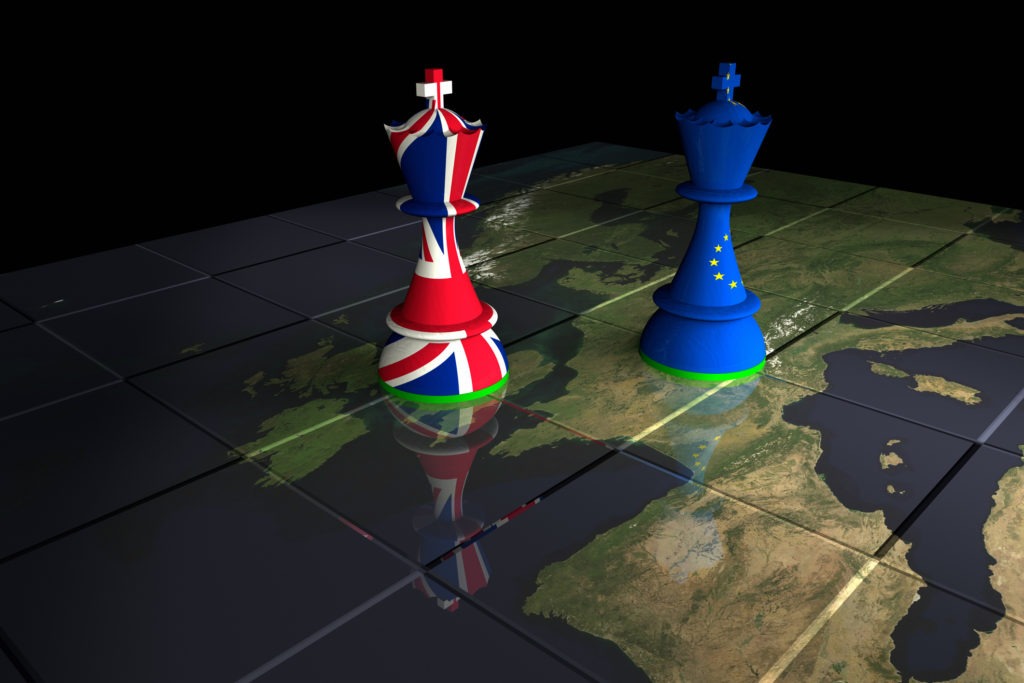VW will not absorb Brexit no-deal tariffs – UK to bear costs
10 October 2019

10 October 2019
Volkswagen Group has warned that vehicle prices are likely to increase in the event of a no-deal Brexit as it stockpiles cars in the UK.
Any tariffs would add 10% to UK imports and exports, and with components and cars crossing the border regularly, VW has said that is cannot simply pay the extra costs, meaning they will be added to models sold in the UK.
′If there are tariffs, we will not be able to absorb them or compensate for the cost. We need to be realistic about the fact that cars would get more expensive for customers,’ VW brand sales and marketing boss, Juergen Stackmann, told Reuters.
The Society of Motor Manufacturers and Traders (SMMT) believes that import tariffs would push up the cost of UK-built cars sold in the EU by an average £2,700 (€3,000) and that of light commercial vehicles by £2,000 (€2,200), impacting demand, profitability and jobs.
UK buyers of EU cars or vans would also be faced with additional costs – an average of £1,500 (€1,700) per car, £1,700 (€1,900) per van – if manufacturers or dealers were unable to absorb the costs.
Deal or no-deal
While the UK’s parliament is adamant it does not want to leave the European Union without a deal, which could guarantee free trade between the bloc and the country, recent reports surrounding EU leaders rejecting the government’s latest proposals, and Prime Minister Boris Johnson’s insistence that the 31 October deadline will not change, makes a no-deal situation even more likely.
This has led to some carmakers declaring that the situation could push costs up if tariffs are applied. Honda made such a statement in 2017, foreshadowing the current crisis.
At a meeting of businesses and the government in September, larger car companies highlighted that they had prepared as far as they could for Brexit, but there was ′no preparing’ for developments such as tariffs.
Stockpiling
VW Group is importing as many vehicles as possible into the UK to avoid the implication of tariffs, at least in the first weeks following the 31 October, should Brexit occur on that date.
′We have optimised inventory levels upwards to delay the impact of potential import tariffs for a while, but there are limits to what can be done,’ Stackmann, added.
VW was the UK’s second best-selling brand during the first nine months of 2019, with sales of 157,040 vehicles, down 0.5%. Ford, another carmaker that has been vocal about the impact of no-deal, especially on its ′just-in-time’ model for component delivery, remained as the market leader, although sales dropped 9%. Total registrations were down 2.5% in this period.
Business Secretary Andrea Leadsom admitted that the industry would have to ′adjust’ its just-in-time business model after Brexit, reducing its reliance on the easy and unrestricted flow of components from Europe through Dover.